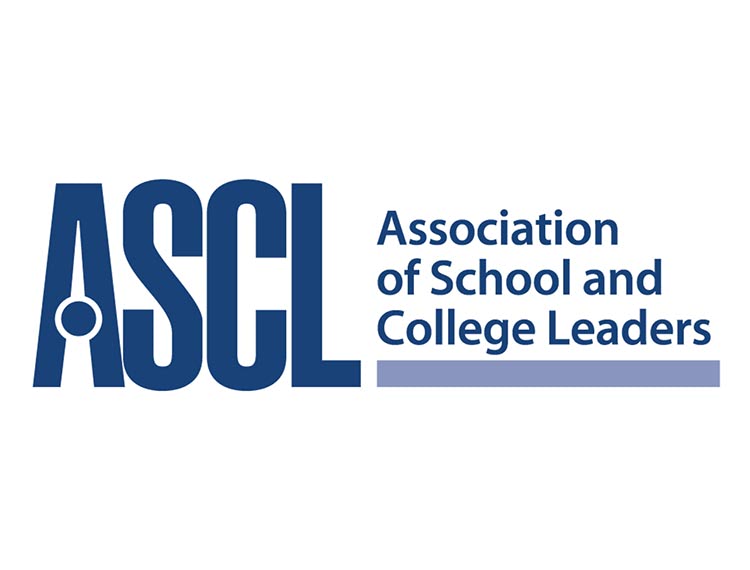Review urged as A-level entries in English plummet

ASCL leader Geoff Barton today warned that urgent action is needed to address an alarming decline in the take-up of A-level English.
Speaking on the eve of A-level results day, Mr Barton, General Secretary of the Association of School and College Leaders, voiced concern that students were being put off the subject by reforms to GCSE English qualifications.
Tomorrow’s results are expected to confirm provisional data from exams watchdog Ofqual in May which indicated the number of entries in A-level English subjects has fallen by 13%.
|
Provisional A-level entries for English subjects |
|||
|
2018 |
2019 |
% change |
|
|
English Language All English entries |
17875 67865 |
13815 58870 |
-13.3 |
|
Source: Entries for GCSE, AS and A level. Summer 2019 exam series (England). Ofqual. 24 May 2019 |
New GCSEs in English Language and English Literature were introduced in September 2015 with the first exams taken in summer 2017 meaning this year’s cohort of A-level students is the first who took the new-look GCSEs.
The new GCSEs are designed to be more rigorous and challenging, but ASCL is concerned that the English Language exam is focused too heavily on analysis of historic texts, and that English Literature involves memorising large amounts of content. These subjects are heavily weighted in school performance tables so the vast majority of students must study both.
One assistant headteacher said: “GCSE English Language is sucking the joy out of the study of how we communicate: the power and beauty in words. English Literature favours those with excellent memories; it has reduced our most magnificent pieces of writing to a collection of quotations.”
Mr Barton said: “It is right that we should have the highest aspirations for all our students, but this should not equate to turning exams into a joyless slog. We are concerned that the current GCSE specifications are failing to encourage a love of English in young people and this year’s entries at A-level appear to confirm our fears.
“We must address this decline swiftly because A-level English is such an important subject, providing a path to many courses and careers, including the future English teachers we will need in our schools and colleges. We urge the Department for Education, Ofqual and the exam boards to join with us in reviewing the current situation.”
Figures from the Joint Council for Qualifications, which represents the exam boards, show that entries to A-level English subjects have already been falling in recent years.
The number of students in England taking A-levels in English Language, English Literature, and English Language and Literature fell from 78,521 in 2016 to 66,923 in 2018, a drop of 11,598.
This represents a decrease in entries over that three-year period of -14.8%.
In general, there has been a significant shift away from arts subjects towards maths and science between 2010 and 2018, although the decline in English is more recent.
Entries in A-levels maths, physics and chemistry have increased by about a quarter over that period, and in further maths by 35%.
Drama, music and media/ film/ TV studies have seen steep declines in entries, and so too has design and technology in which the number of entries has fallen by more than 40%.
Modern foreign languages are also under pressure.
There were 6,873 fewer entries in French and German combined in 2018 than in 2010 and while there was an increase in Spanish of 645 entries between these years it was nowhere near enough to compensate for the overall loss of linguists.
There are several factors behind changes to entry patterns.
Government policy has marginalised creative arts subjects in GCSE performance tables meaning that fewer students are studying them at this stage, while students are deterred from modern foreign languages by the perception that these subjects are graded severely.
In addition, government funding cuts make it more difficult for schools and colleges to sustain courses with relatively small numbers of students making arts and languages particularly vulnerable to reductions in courses.
|
Selected A-level entries 2010-2018 |
|||
|
England only |
2010 |
2018 |
% change |
|
Art and design |
42577 |
39848 |
-6.4 |
|
Biology |
51932 |
58179 |
+12 |
|
Chemistry |
40063 |
50142 |
+25.2 |
|
Design and technology |
16519 |
9703 |
-41.3 |
|
Drama |
15144 |
10159 |
-32.9 |
|
French |
12422 |
7874 |
-36.6 |
|
Geography |
28525 |
30366 |
+6.5 |
|
German |
5184 |
2859 |
-44.8 |
|
History |
44150 |
44403 |
+0.6 |
|
Maths |
70654 |
90189 |
+27.6 |
|
Maths (Further) |
11312 |
15279 |
+35 |
|
Media/ Film/ TV studies |
31032 |
22968 |
-26 |
|
Music |
8790 |
5440 |
-38.1 |
|
Physics |
28042 |
34831 |
+24.2 |
|
Religious Studies |
17710 |
17024 |
-3.9 |
|
Spanish |
6946 |
7591 |
+9.3 |
|
Total entries for all A-levels |
784877 |
745537 |
-5 |
|
Source: Joint Council for Qualifications. Examination results. |











Responses